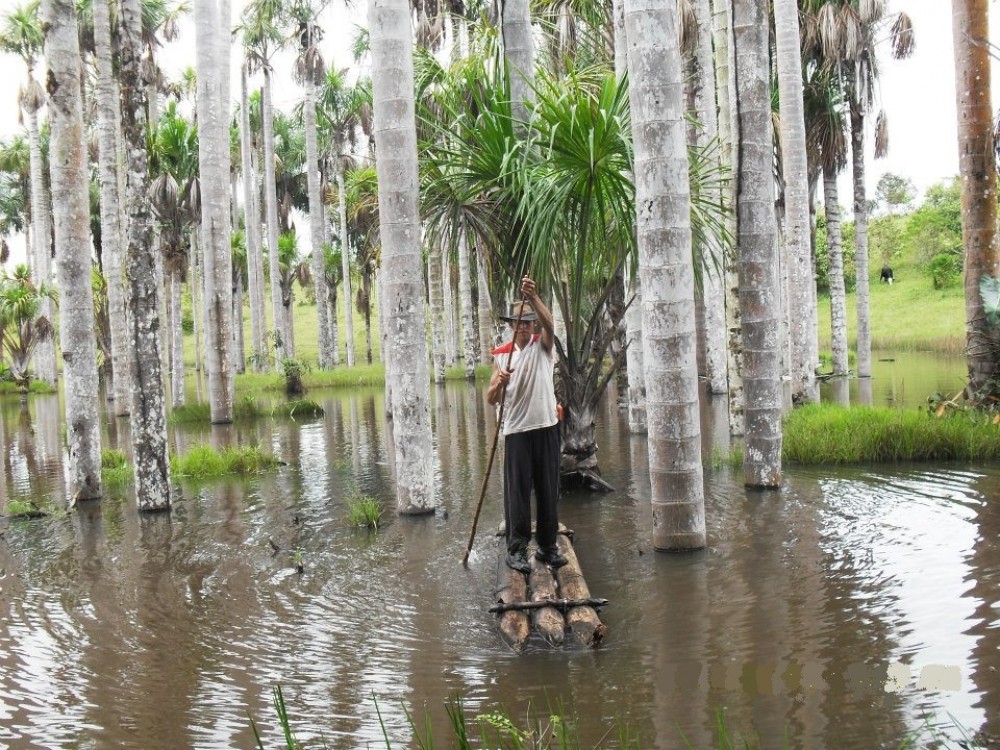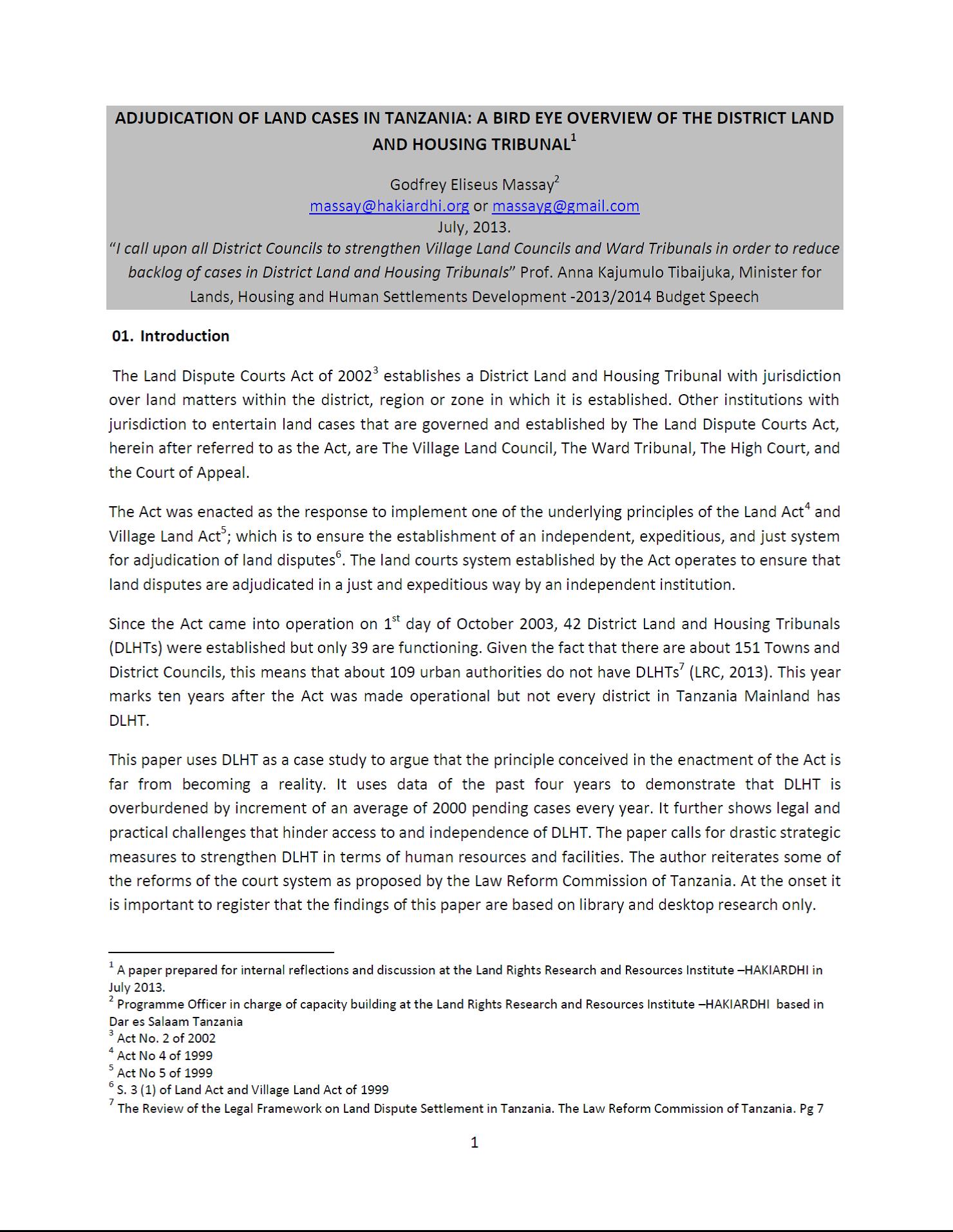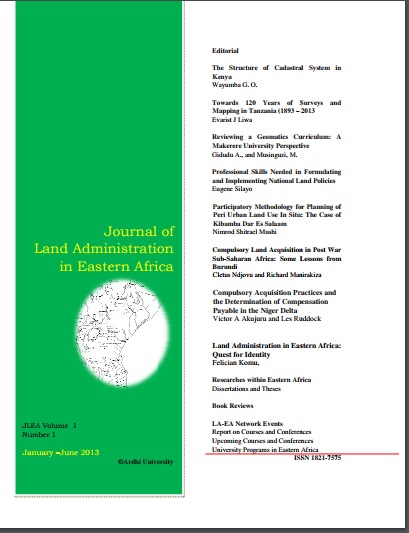San Julián de Caquetá: De campesinos sin tierra a Grupo Asociativo
Se trata de un caso donde 10 familias migran, ocupan y acceden, vía adjudicación estatal, a tierras incautadas al narcotráfico, con perspectivas actuales de producción familiar, agroecología y agroforestería.








